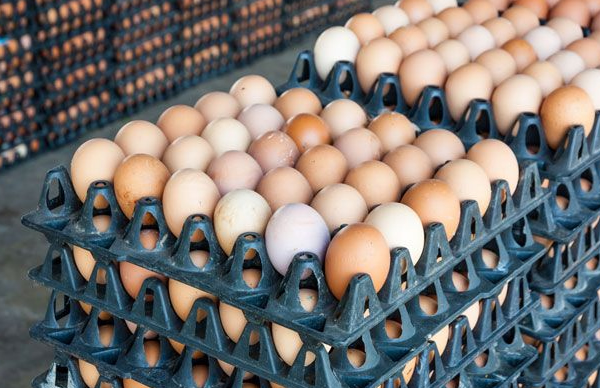Livestock production in the country is expected to gain growth as the Central Bank of Nigeria (CBN), has disclosed plans to support nomadic herdsmen in the country. Governor Emefiele of the Central Bank, made this disclosure while briefing some state governors on the feat recorded in the agriculture sector in Abuja.
Emefiele noted that the bank had started supporting livestock production, starting with Niger State. He added that out of its 26 Grazing Reserves, the state chose Bobi Grazing Reserve for the project.
The Bobi reserve is situated in Mariga local government area, with a land area of 31,000 hectares and about 700 families with 300,000 heads of cattle resident on it.
Why this matter: Emefiele said Nigeria spends about $1.5 billion yearly on importation of dairy products such as milk, yogurt, cheese, and other milk derivatives, adding that over 95 percent of milk products consumed in the country was imported, adding that the apex bank was determined to change this narrative.
[READ ALSO: MAN highlights advantages of consuming locally produced good]
Emefiele’s words; “We are also aware of the fact that 85 percent of Nigeria’s cattle, estimated at over 20 million, are owned and managed by smallholder, subsistent and nomadic herdsmen who require to be integrated into the scheme of things and be supported by the bank under the ABP.
“The dairy industry had huge potentials such as the creation of millions of jobs and forex savings. In addition, the sector has an undeveloped meat processing infrastructure, declining tannery operations. Others are inadequate large-scale private investments in cold storage and transportation, and insecurity arising mostly from pastoralists and farmers clashes, rustling, and other socio-economic challenges.”
Nairametrics had reported that the CBN had initiated moves to implement the ban of foreign exchange (FOREX) to milk importers. As a result of the move, the apex bank directed Deposit Money Banks (DMBs) in the country to stop the processing the importation of milk and its related products on “Bills for Collection basis,” which allowed the importer to buy on credit.
[READ ALSO: CBN’s T-bills auction records oversubscription amidst foreign investors sell-off]























